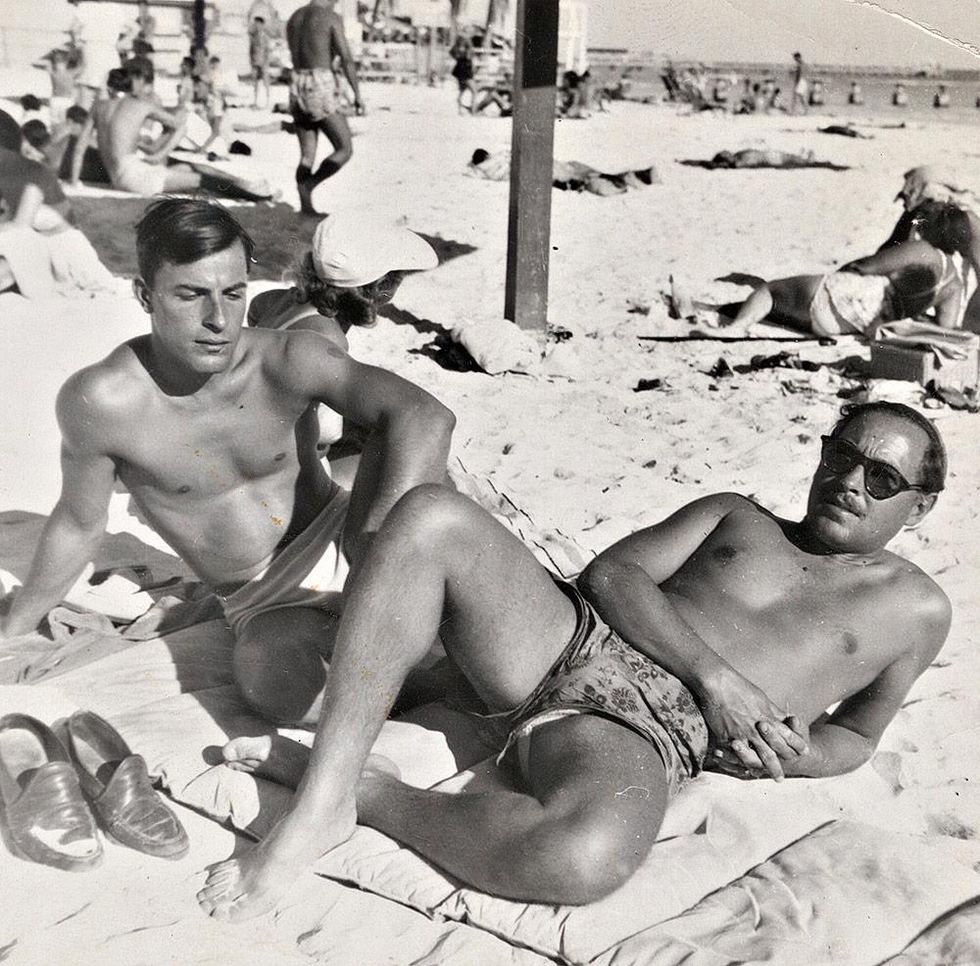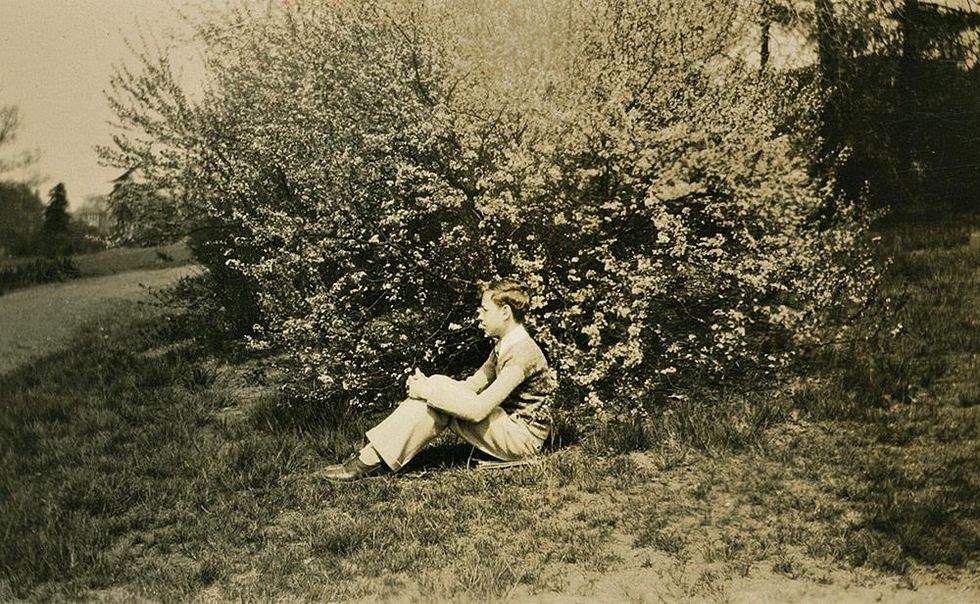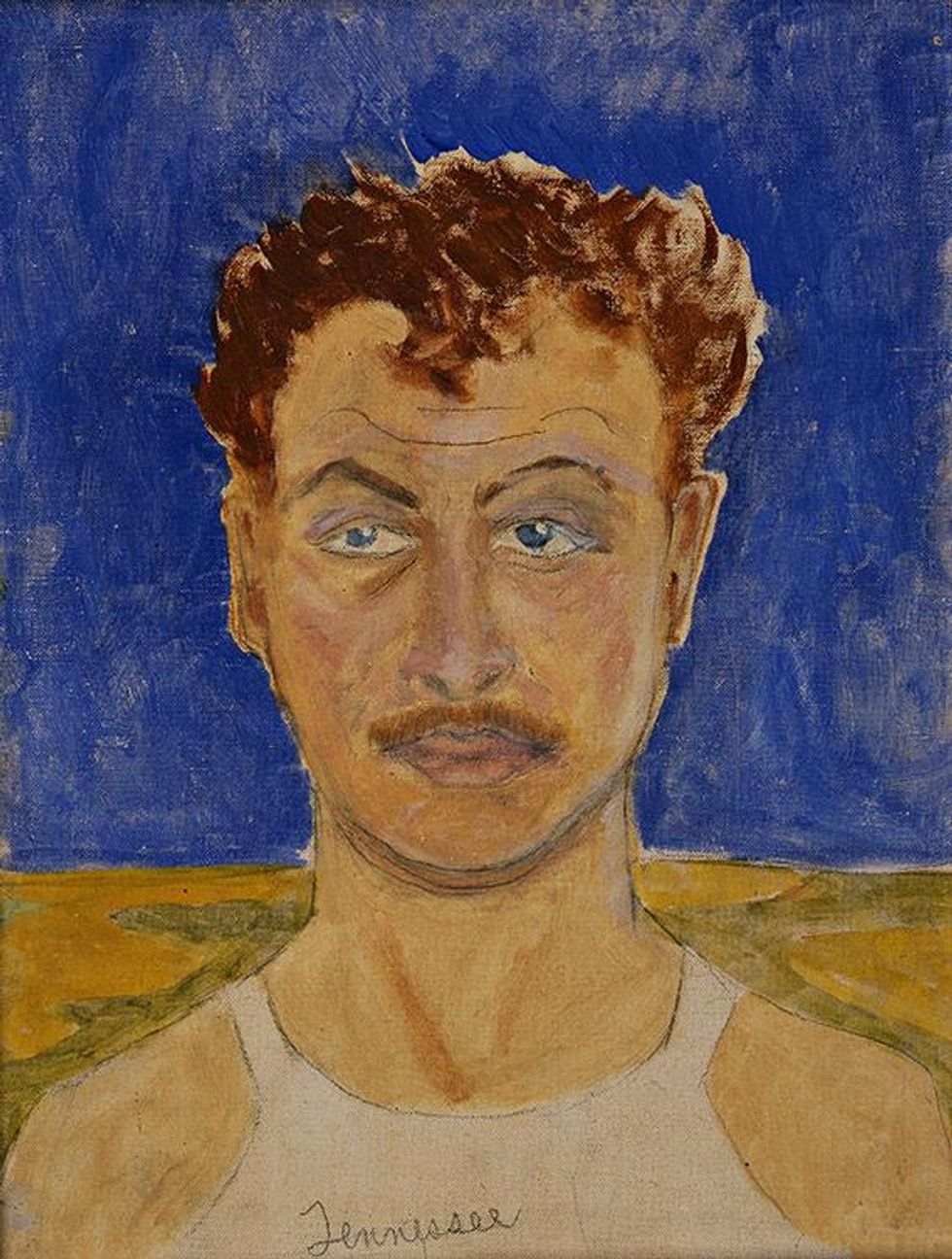CONTACTAbout UsCAREER OPPORTUNITIESADVERTISE WITH USPRIVACY POLICYPRIVACY PREFERENCESTERMS OF USELEGAL NOTICE
© 2025 Pride Publishing Inc.
All Rights reserved
All Rights reserved
Scroll To Top





By continuing to use our site, you agree to our Private Policy and Terms of Use.
For Tennessee Williams, There Was 'No Refuge but Writing'
Tennessee Williams is an object example of fidelity to a singular vision and perseverance at all costs. His 1940 play, Battle of Angels was so destroyed by outraged audiences at its Boston tryout that it never made it to Broadway.
Unbowed, Thomas Lanier Williams III--who adopted "Tennessee" when submitting a play to a contest in 1930--refused to abandon his path. In an 18-year period from 1939 to 1957 he wrote some of the 20th century's most seminal plays, and won two Pulitzers (for A Streetcar Named Desire and Cat on a Hot Tin Roof) and a Tony (for The Rose Tattoo).
In "Tennessee Williams: No Refuge but Writing," a new exhibition at New York's Morgan Library & Museum running through May 13, the playwright's battle to establish his voice is illuminated through his private diaries, personal letters, photographs, and original drafts of his plays, which changed continually through rehearsals, and often well into a theatrical run. "His plays are so acclaimed and well known that one can conjure his characters and their immortal lines almost at will," says Colin B. Bailey, the director of the Morgan. "Yet, behind these great works is an artist who struggled mightily--sometimes publicly--with a host of personal demons."





aaronhicklin


 Replay Gallery
Replay Gallery 




